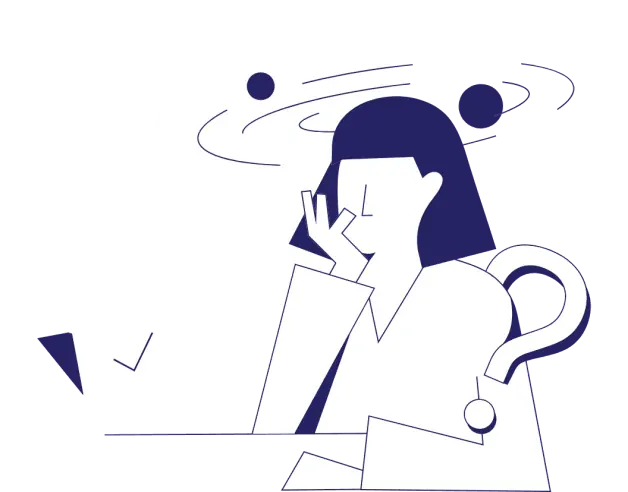
- 2-minute read
- 9th September 2023
What Is the Plural of Moose?
Language, with all its intricacies and quirks, often leaves us scratching our heads. One such puzzle that catches both native English speakers and learners off guard is the plural form of moose.
In this blog post, we’ll demystify the plural form of the name for this large animal and explore other fascinating irregular plurals in the English language.
The Plural of Moose
The plural form of a noun indicates that you’re talking about more than one of them. To form plurals in English, we typically add an s or es to the end of the word.
However, moose doesn’t conform to this conventional rule. The plural of moose is… moose! That’s right, whether you’re talking about one moose or a group of them, you use the same word:
There are three moose grazing by the lake.
Unlike many words in English, moose doesn’t change when pluralized. It remains the same, regardless of the quantity. This is because the word isn’t a native English word. It derives from Algonquian, a Native American language.
Differentiating Between Singular and Plural Moose
So, as a writer, you don’t have to worry about changing the spelling to make moose singular or plural. But as a reader, how can you tell when the author is talking about one moose or multiple moose?
Find this useful?
Subscribe to our newsletter and get writing tips from our editors straight to your inbox.
The trick is to use context clues. Do the other words in the sentence, such as the verb, agree with a singular or plural noun? Is the context of the writing discussing one animal or multiple? For example:
Moose are beautiful creatures. They travel in groups called herds.
In the first example, the article a means there’s only one, as well as the pronoun it. In the second example, the verb are is plural, as well as the pronoun they. The mention of groups also hints at moose being plural.
Other Strange Plural Forms
English is notorious for its irregular plurals, and moose is just the tip of the iceberg. Here are a few more examples of words with unusual plural forms:
The children played in the park.
Woman → Women
The women organized a charity event.
Tooth → Teeth
I need to brush my teeth before bed.
Foot → Feet
My feet are sore after that long hike.
Mouse → Mice
I found two mice in the attic.
Goose → Geese
The geese are migrating south for the winter.
Cactus → Cacti
The desert is filled with cacti.
Deer → Deer
Deer are gentle creatures.
Conclusion
The English language is a fascinating labyrinth of linguistic peculiarities, and the plural form of moose is just one example of its idiosyncrasies. If you find yourself stuck, be sure to reach out to our expert editors. We’ll happily check your work for spelling, grammar, word choice, and more! Try it out for free today.